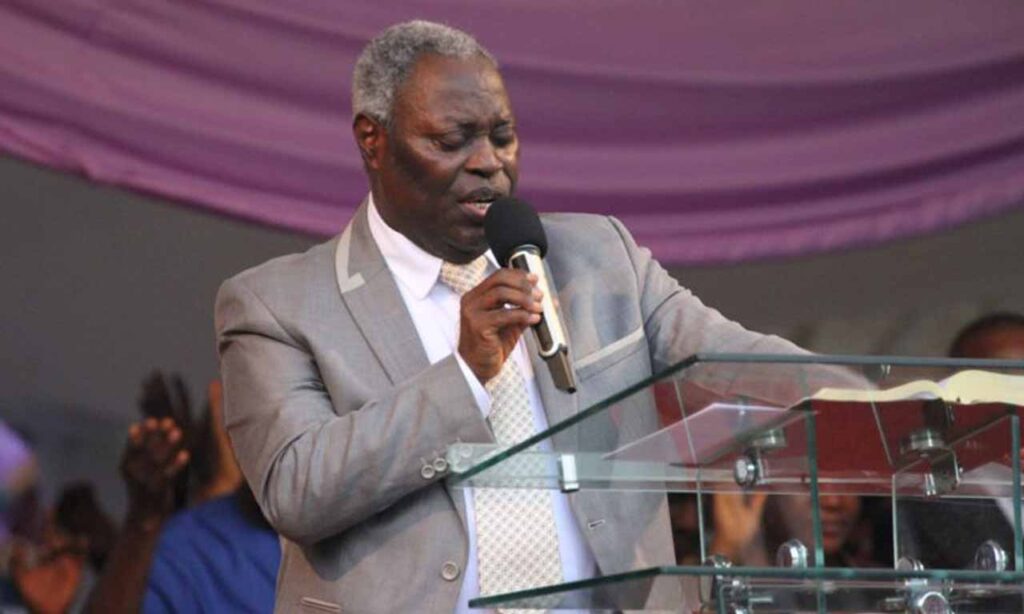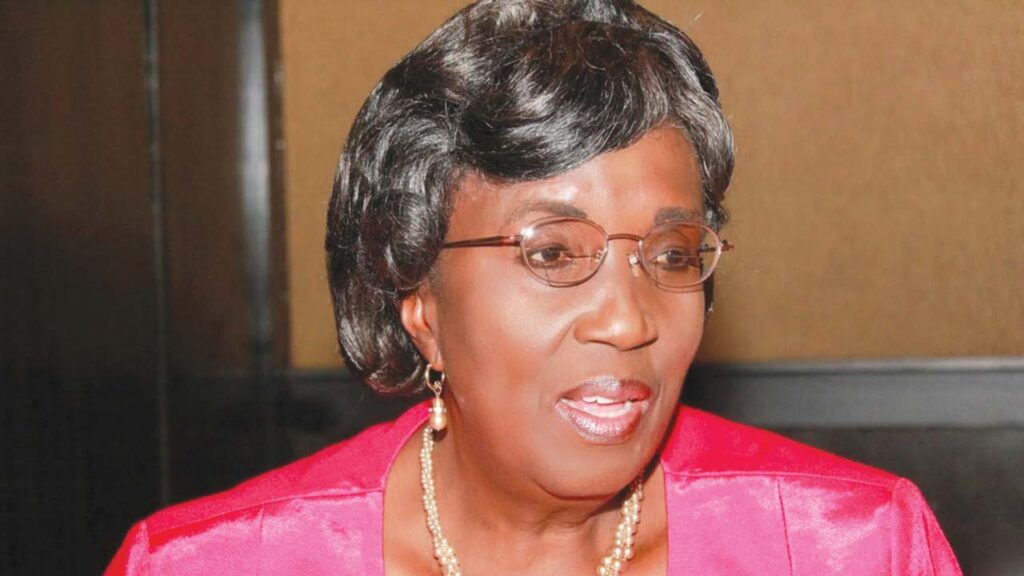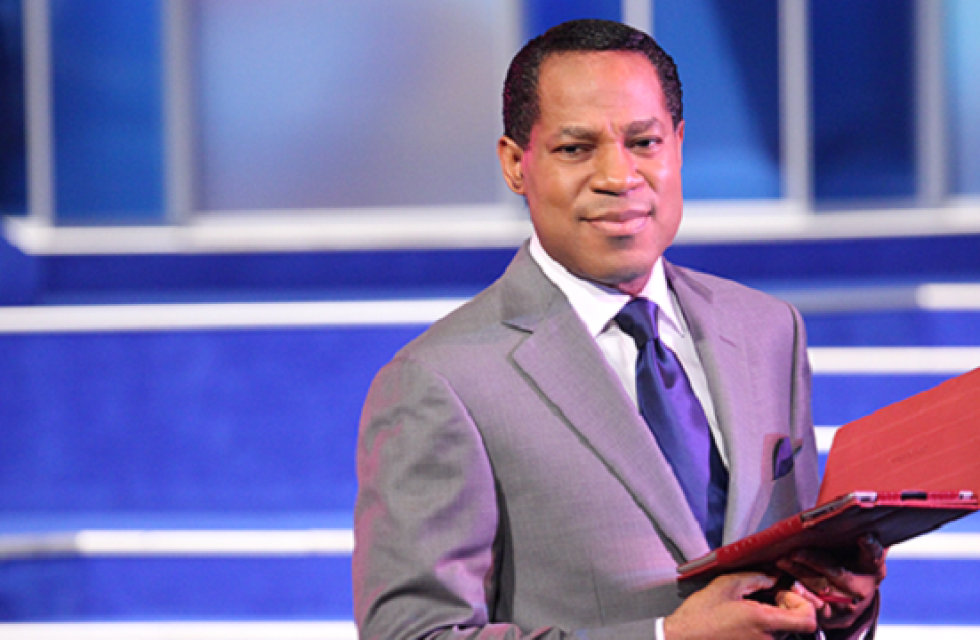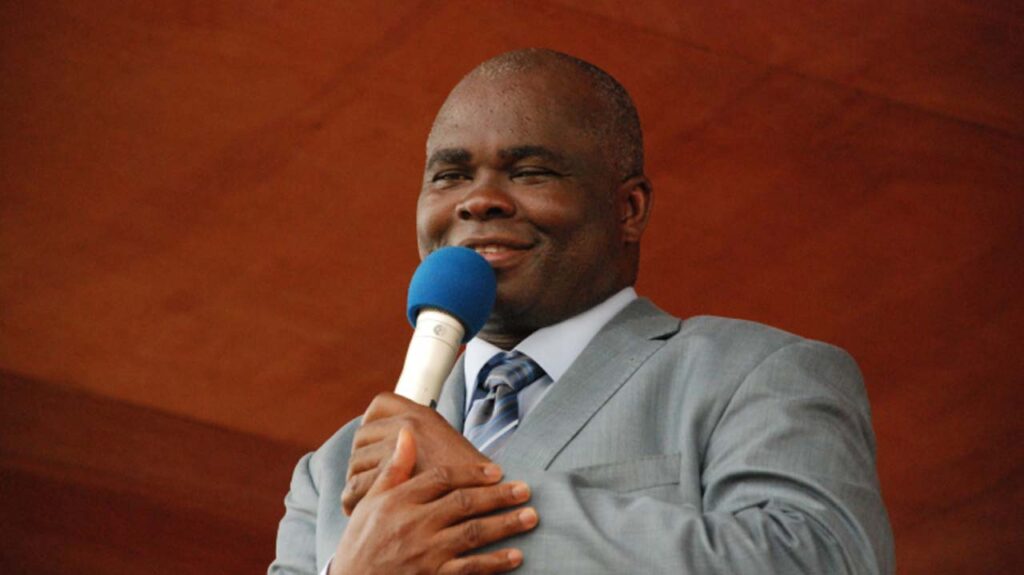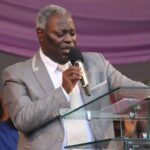Without any shadow of doubt, Moses was a towering figure in Israel. Miraculously protected and preserved in childhood, appointed and approved by God, endowed with power to do signs and wonders, equipped and sent by God to be the nation’s leader, deliverer, prophet, redeemer and saviour.
We see his impact and influence throughout the divine revelation from Exodus to Revelation. He was set apart and sent by God; yet, Israel rejected Him. Their rejection did not change God’s appointment. “This Moses whom they refused, saying, ‘who made thee a ruler and a judge?’ The same did God send to be a ruler and a deliverer,” (Acts 7:35).
The argument of the Jews who rejected Jesus is that, if He had been sent by God as the Messiah, Saviour and Lord, the leaders in the nation would have recognised Him. Stephen recounted their history and revealed the perpetual blindness of Israel and her leaders. At his first appearance, they did not recognise Moses; at His first revelation to Israel, the nation did not recognise our Lord and Saviour, Jesus Christ.
Yet, “they are without excuse.” “This is that Moses, which said unto the children of Israel, A Prophet shall the Lord your God raise up unto you of your brethren, like unto me; Him shall ye hear,” (Acts 7:37).
Some people in Israel recognised Jesus as the fulfillment of this prophecy. “Then those men, when they had seen the miracle that Jesus did, said: “This is of a truth that prophet that should come into the world,” (John 6:14). The leaders had no excuse, their blindness was self-imposed, so, they could preserve their dead tradition. The common people asked: “Do the rulers know indeed that this is the very Christ?” (John 7:26). The nation and the leaders were without any excuse; their rebellion and rejection would lead to eternal damnation.
False witnesses had risen against Stephen, vehemently saying: “This man ceaseth not to speak blasphemous words against this holy place, and the law,” (Acts 6:13). Stephen cleared himself of the charge by referring to the law as “the lively oracles” given “unto us” (Acts 7:38). He said he believed that “our fathers” “received the law by the disposition of angels” (Acts 7:53).
Concerning “this holy place,” the temple, the place of worship, which almost became the object of worship, he recited what Solomon had said and revealed what God, Himself, had said. “Howbeit the most High dwelleth not in temples made with hands; as saith the prophet” (Acts 7:48). God, Himself, said, “Heaven is My Throne, and earth is My footstool: what house will ye build Me? Saith the Lord: or what is the place of My rest?” (Acts 7:49).
These accusers and witnesses were hypocrites. Like the Pharisees during the earthly ministry of Jesus, and like generations of religious hypocrites since the time of Moses, they had habitually broken the laws they were defending. From the time of Moses, “our fathers would not obey,” and “in their hearts turned back again into Egypt” (Acts 7:39). The Jews, addressed by Stephen, were “stiff necked and uncircumcised in heart and ears;” these persecutors had “received the law by the disposition of angels, and ‘have not kept it,’” (Acts 7:51-53). Their fanatical zeal for “this holy place” was shallow, empty and deceptive. Their sinful, hypocritical lives rendered their worship unacceptable. “When ye come to appear before me, who hath required this at your hand, to tread my courts?” (Isaiah 1:12). “Will ye steal, murder, and commit adultery, and swear falsely; and come and stand before me in this house, which is called by My name, and say, We are delivered to do all these abominations?” (Jeremiah 7:9,10).
Religion that does not lead to repentance, righteousness and practical holiness is worthless in the sight of God. Such religion, even if it is called Christianity, will damn the soul in the eternal lake of fire. Suffice it to say that it behoves all to repent and believe in the Lord, Jesus Christ. He is the only One who can forgive your sins, save your soul, transform your life, keep you holy and make you ready for heaven.
• Further Reading (King James Version): Acts 7:17-53; Acts 7:17-28; Exodus 1:7-22; Psalms 83:2-5; 105:23-26; Hebrews 11:23-27; Exodus 2:1-15; Luke 18:34; Matthew 13:14,15; Luke 24:19-27; 1 Corinthians 2:7,8; Luke 19:14, 41,42; Acts 28:25-27. Acts 7: 29-37; Exodus 3:1-10; Mark 12:26,27; Exodus 3:10,14,15; Isaiah 63:11,12; Hosea 12:13; Psalm 118:22,23; Deuteronomy 18:15-19; Acts 2:22-24,36; 3:22-26; Matthew 17:1-5; 2 Peter 1:16-19. Acts 7:38-53; Exodus 32:1-10; 31-33; Nehemiah 9:26,29,30; Isaiah 1:2-18; Jeremiah 7:22-28; Ezekiel 20:6-13; Romans 1:21-32; 2 Chronicles 6:18; Isaiah 66:1,2; Jeremiah 4:3,4; Ezekiel 18:30-32; Hosea 10:12.

